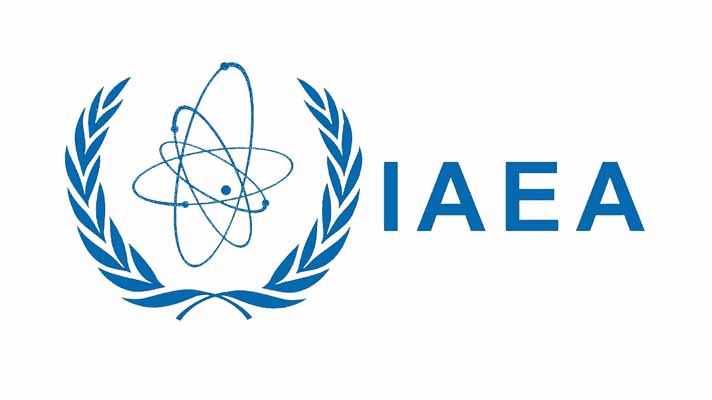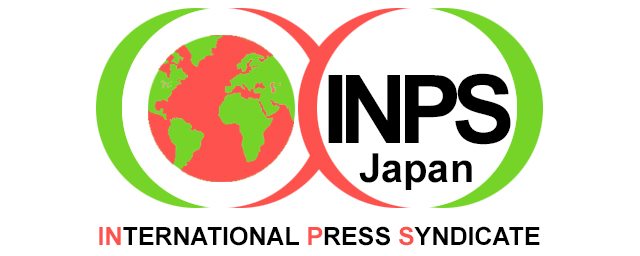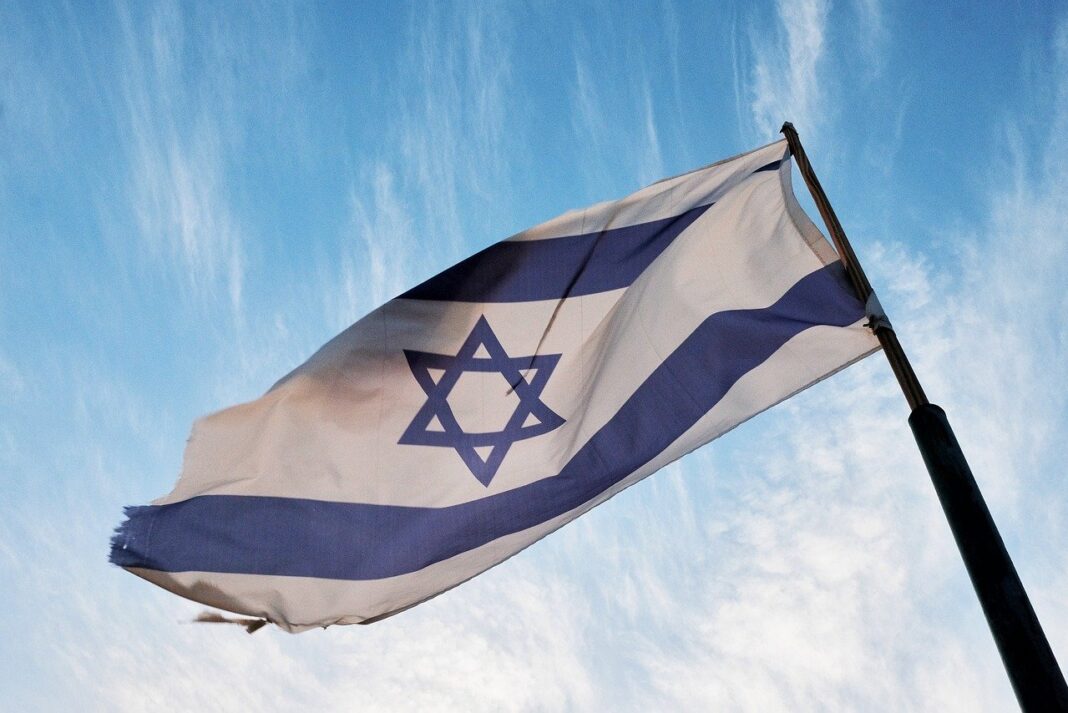It is widely believed that Israel possesses nuclear weapons—hundreds of nuclear warheads. However, it does not officially acknowledge this, maintaining a policy of ambiguity.
By Roman Yanushevsky
Jerusalem (INPS Japan) – It is widely believed that Israel has possessed nuclear weapons—hundreds of nuclear warheads—since the late 1960s. Moreover, according to media reports, the Jewish state has all three components of the nuclear triad: strategic aviation, intercontinental ballistic missiles, and nuclear submarines. Only three other countries—the United States, Russia, and China—are known to possess all three components.|JAPANESE|RUSSIAN|
At the same time, Israel is one of five countries that are not parties to the Treaty on the Non-Proliferation of Nuclear Weapons (NPT). This treaty was developed and approved by the United Nations General Assembly on June 12, 1968, and opened for signature on July 1, 1968. It entered into force on March 5, 1970. As of the time of writing, 190 countries have signed the treaty.
Out of the nine nuclear-armed states that possess this type of weapon of mass destruction, three have neither signed nor ratified this important international legal act: India, Israel, and Pakistan. There is also a fourth state—North Korea—which initially signed the treaty but later withdrew its signature. A fifth country, South Sudan, has not (yet) become a party to the NPT. However, South Sudan does not possess nuclear weapons and is one of the world’s youngest nations.
Each of the four nuclear-armed states that are not parties to the NPT has its own reasons for this stance. However, the main reason is their unwillingness to accept the obligations and restrictions associated with participating in the treaty, as well as the risk of sanctions in case of violations.
Nuclear Ambiguity
Officially, Israel neither confirms nor denies the possession of nuclear weapons, referring to this as a policy of nuclear ambiguity. According to various foreign estimates, Israel may have between 80 and 400 nuclear warheads. Allegedly, these are deployed on Israeli Jericho missiles and can be delivered to their targets by F-15 and F-16 aircraft. It is believed that by 2004, the production of nuclear warheads in Israel was halted.
Israel made the decision to acquire nuclear weapons as a strategic deterrent, often referred to as a “Doomsday Weapon.” This interest led to the establishment of the Israel Atomic Energy Commission in 1952, followed by the creation of two nuclear research centers in the early 1960s: one in Nahal Sorek and the other in Dimona.
Israel’s first nuclear reactor was built in 1963 with the assistance of France during a brief period of very close relations between the two countries. The reactor was later modernized in the 1970s. In the 1980s, Israeli intelligence services were accused of secretly acquiring and stealing nuclear materials from the United States, the United Kingdom, France, and West Germany. Israel admitted to the illegal export of krytrons—a critical component for creating modern nuclear weapons—from the U.S. in the 1980s.
After Iran and several other regional states advanced their missile programs, Israel decided to utilize nuclear submarines to store nuclear warheads. These Dolphin-class submarines were acquired from Germany.
Israel: The Regional Nuclear Enforcer
Israel has reportedly refrained from signing the Treaty on the Non-Proliferation of Nuclear Weapons (NPT) and does not officially acknowledge possessing nuclear weapons to avoid triggering an arms race in the region. Nonetheless, several Middle Eastern states have attempted to acquire this strategic capability.
Israel’s longstanding strategic concept is to maintain military superiority in the region. Consequently, it has thwarted multiple attempts by hostile states to develop nuclear weapons through military action.
1981: Operation Opera
In 1981, Israeli Air Force jets destroyed a nuclear reactor in Iraq. This project was part of Saddam Hussein’s attempt to achieve regional hegemony. Under his directive, Iraqi physicists began working on a nuclear bomb, and Baghdad expressed interest in acquiring enriched uranium from other nations.
2007: Operation Orchard
In 2007, the Israel Defense Forces bombed a nuclear reactor in Deir ez-Zor, Syria. Both the U.S. and Israel imposed strict censorship on details of the attack, with initial information emerging only seven months later. Israel fully declassified the operation in 2018. A 2009 investigation by the International Atomic Energy Agency (IAEA) found traces of uranium and graphite at the site, concluding that it had been an undeclared nuclear reactor.
Meanwhile, several countries in the region—such as Egypt and Saudi Arabia—have shown interest in constructing civilian nuclear reactors. However, there is no evidence to suggest that they intend to develop corresponding military nuclear programs.
Iran: The Rising “Nuclear Star”
Currently, Iran stands at an advanced stage of its nuclear program among the states in the region. In 2015, world powers approved the Joint Comprehensive Plan of Action (JCPOA), commonly known as the “nuclear deal,” in Vienna.
This agreement was designed to persuade Iran to delay the development of its nuclear program in exchange for partial relief from the sanctions imposed on it. The deal lasted three years until U.S. President Donald Trump ordered the United States to withdraw from the agreement and reinstated full anti-Iranian sanctions.
Following this, Iran gradually resumed the development of its nuclear program. Representatives of world powers met with Iranian officials in November and again in January 2025 to discuss the possibility of a new agreement similar to the Vienna deal, but these meetings yielded no results.

On December 17, 2024, Rafael Grossi, Director General of the International Atomic Energy Agency (IAEA), declared that the nuclear deal with Iran was no longer relevant. He stated that Iran is enriching uranium to weapons-grade levels and is rapidly approaching nuclear state status.
Growing Tensions with Israel and the U.S.
Iran remains in open conflict with Israel. High-ranking Iranian officials have repeatedly called for the destruction of the Jewish state, raising significant concerns in Israel and its primary ally, the United States, about Iran’s nuclear ambitions. This has the potential to lead to a large-scale military strike on Iranian nuclear facilities.
In response to a massive missile attack on its territory by Iran on October 1, 2024, the Israeli army launched strikes on October 26 against several targets, reportedly setting back Iran’s missile program by at least a year. Iran’s missile program has been developed in parallel with its nuclear program to create missile carriers capable of delivering nuclear warheads to their targets.
If Iran decides to carry out another attack on Israel, experts predict that Israel’s response will likely include strikes on Iranian nuclear infrastructure.
This article is produced to you by INPS Japan in partnership with Soka Gakkai International, in consultative status with UN ECOSOC.
INPS Japan


